Human rights organisations suspect a live YouTube broadcast detailing abuses by the Indonesian government may have been the real reason behind “technical difficulties” at an environmental conference in Oregon, Alastair Sloan reports
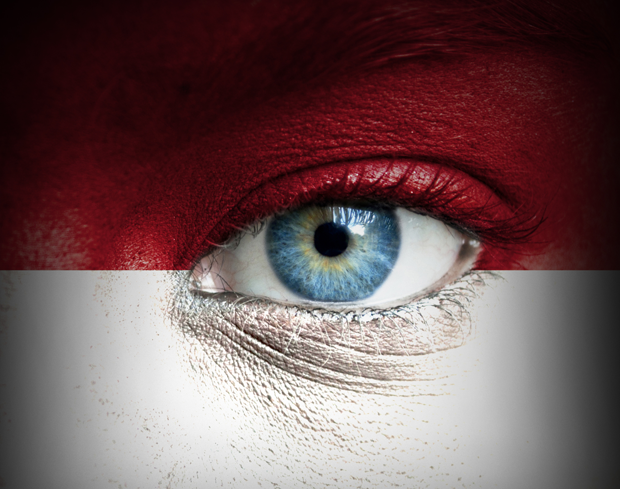

Human rights organisations suspect a live YouTube broadcast detailing abuses by the Indonesian government may have been the real reason behind “technical difficulties” at an environmental conference in Oregon, Alastair Sloan reports

WeChat was the darling of the Chinese start-up scene, the sexy competitor to Weibo domestically, and Twitter and WhatsApp, on the global stage. That was until China cracked down, Alastair Sloan reports

Many media workers believe that the recent stabbing of a newspaper editor is message for Hong Kong-based journalists to beware criticising Beijing, Jemimah Steinfeld reports.
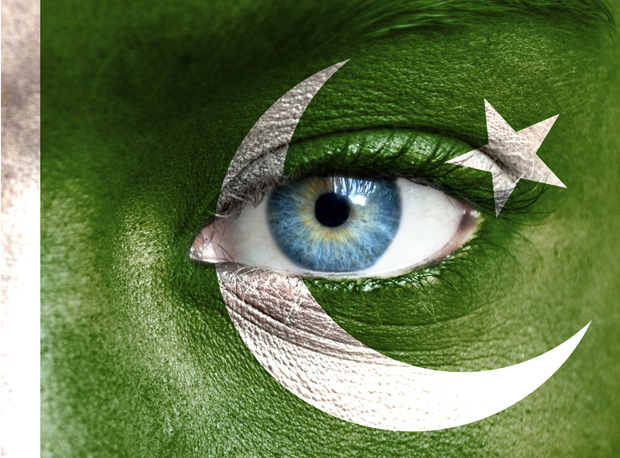
There are 14 individuals known to be on death row while 19 others are serving life sentences on charges of committing blasphemy, according to new report. Zofeen Ebrahim writes
Free Weibo is an uncensored version of China’s biggest social network, SinaWeibo.
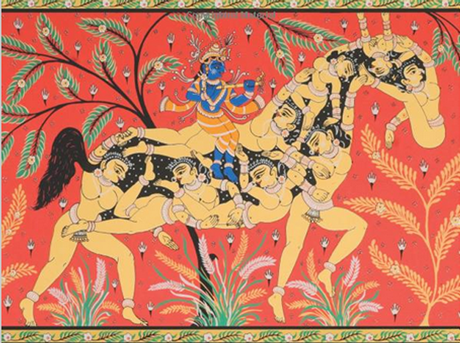
The Hindu fundamentalists’ falsehood is malicious, not Wendy Doniger’s interpretation. Saurav Datta writes

The move has been slammed by a coalition of over a hundred Islamabad-based civili society organisations, who have labelled it a violation of Pakistani women’s and girls’ fundamental human rights. Zofeen Ebrahim reports
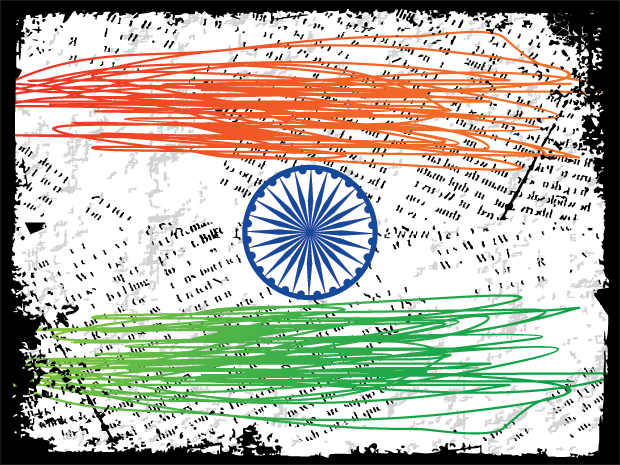
Improbable as it may seem, but 67 Kashmiri university students were briefly charged with sedition for cheering for Pakistan, and celebrating its win over India, during an Asia Cup cricket match in early March. Mahima Kaul reports
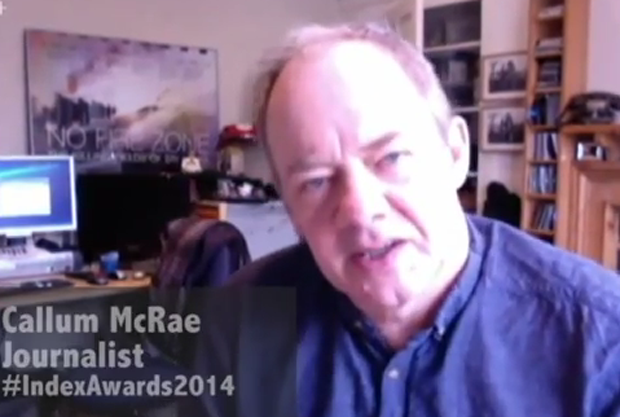
Callum Macrae, in collaboration with Channel 4 News, has made three films uncovering the truth about Sri Lanka’s human rights abuses in the final months of its decades-long civil war in 2009.

In India, the state and private petitioners have equally exploited India’s penal code to harass, censor or silence individuals. Ram Mashru reports